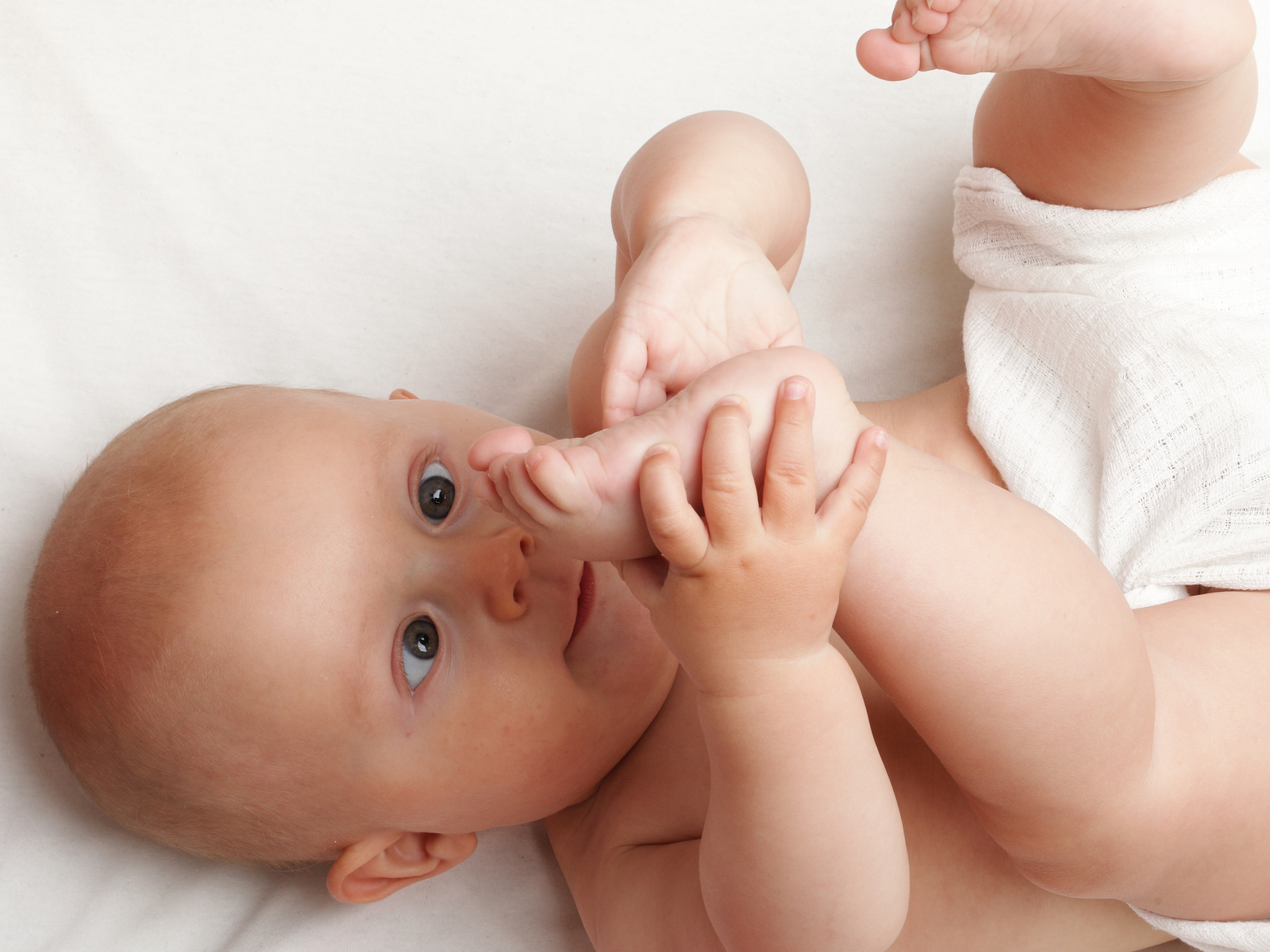At this stage, your baby is beginning to have more control of his or her grasp, and will make an effort to hold onto objects. He or she still is not able to let go of them very well, but their hand is starting to mold itself around the shape of the object she’s holding. By about five months, many …
Fine Motor Skills Development for Infants to Babies Aged 3 Months
At birth, babies have very little control of their arms and hands. They usually wave their arms randomly and keep their hands in a fisted position. They have a strong grasp reflex, as any caregiver who has tried to pry an object from a new baby’s hand can tell you. Not only is the grasp reflex strong, the baby’s ability …
How to Successfully Partner with Families of Children with Disabilities
A summary of an article entitled “The 5-Point Plan: Fostering Successful Partnerships with Families of Students with Disabilities” by Caitlin C. Edwards & Alexandra Da Fonte that appeared in the Jan/Feb. 2012 Issue of Teaching Exceptional Children. This CEC Journal article was geared toward school age children, but the underlying purpose of its message applies very well to early intervention …
Q&A: My Child is Very Restless
My son is 4 years old and his teacher says that he is a very intelligent child but very restless and he does not concentrate in the work given in school. Please suggest what do I do about his restlessness in school as well as at home and how do I increase his concentration?
Baby Exercise Equipment & Development
Walkers, Exersaucers & Jumpers: Is There an Impact on a Baby’s Development? More and more baby “exercise equipment” becomes available to parents every year and often parents ask us questions during therapy sessions and evaluations such as “Should I get a walker for my baby?” or “Will using a bouncer help strengthen my babies leg muscles?”. You will find varying …
Institutional vs. Home Life for a Newly Adopted Child
How an Institutional Setting Differs from a Warm, Home Environment If you adopt a child who has been living in an institutional setting, keep in mind that its often hard for children in these settings to become attached to their caregivers. The caregivers rotate in shifts and there are usually too few of them. A shortage of adult caregivers means …
Helping Children with Autism Spectrum Disorder Avoid Mealtime Stress
Many children experience mealtime problems at some point, including inconsistent appetite, pickiness, fear of new foods, clumsiness with self-feeding, or difficulty sitting still. These challenges are often more pronounced in children with Autism Spectrum Disorders (ASD). In addition to the social and communication impairments that characterize ASD, there may be difficulties with sensory processing, motor skills, attention, and behavior. For …
How to Potty Train Your Child With Special Needs
If your child is diagnosed with autism, Down Syndrome, mental retardation, cerebral palsy, or other condition of developmental delay, it may be more difficult to train him or her to use a toilet. Signs Your Child with Special Needs is Ready for Potty Training While most children between 18 months and 3 years of age are ready to learn to …
Steps to Establishing a Healthy Bedtime Routine
Establishing Successful Bedtime Routines Children need to be taught bedtime routines and assisted in maintaining them. Routines help children fall asleep and stay asleep successfully. Without bedtime routines, young children can feel disorganized and uncomfortable. Here are some ways to help your child feel confident and secure during bedtimes: Start quieting down after dinner. Play quiet games, read books, turn …
Understanding the Needs of Our Children
Is my child trying to get my attention? The phone rings. You answer. Suddenly you hear, “Mommy, mommy, mommy!” while your child is clinging to your leg. A child who is constantly seeking your attention has not learned to enjoy playing for his/her own sake. The best way to deal with this is to ignore the child’s pleas for your …

